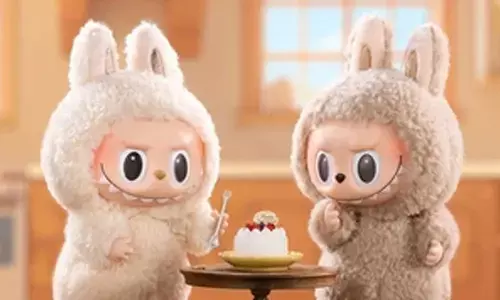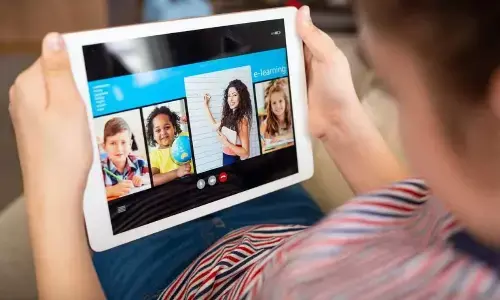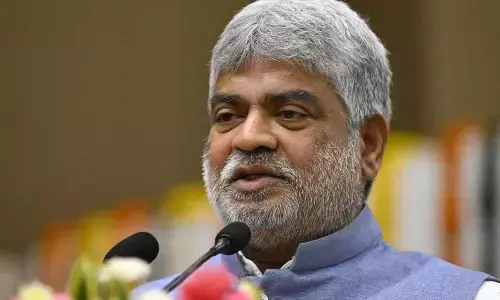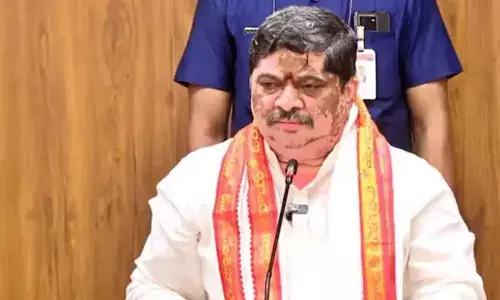How to develop science skills in students
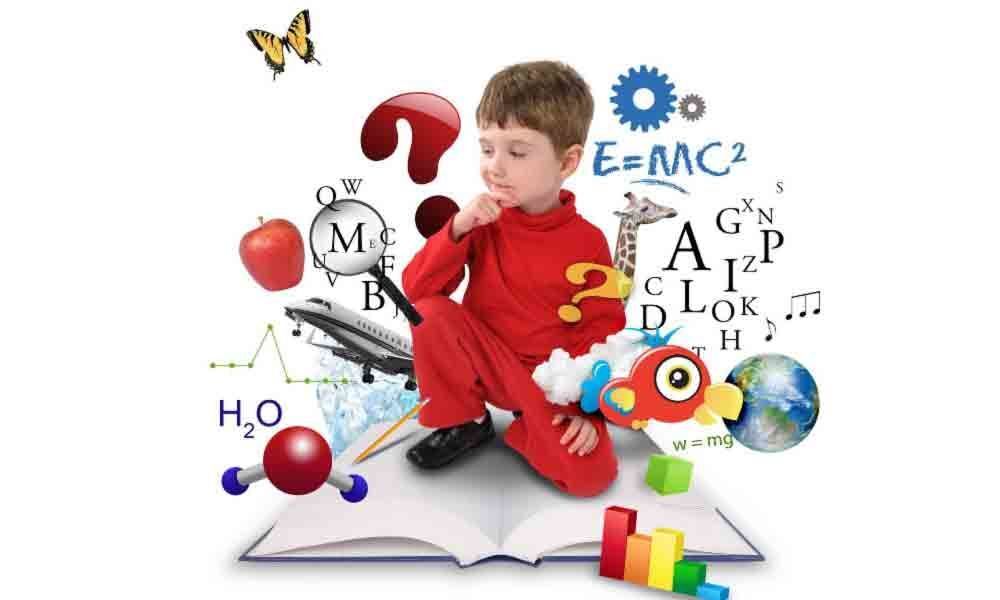
Science study involves the development of important skills. The following set of skills applies to learning any branch of science, such as chemistry, biology, or physics, at any grade level.
Science study involves the development of important skills. The following set of skills applies to learning any branch of science, such as chemistry, biology, or physics, at any grade level. By focusing on developing the following skills, you will help your student not merely memorize the scientific method but see it at work and practice it daily. Help your children be more effective at gathering and using knowledge by emphasizing the primary science skills:
Observing: Science depends on discerning details, looking at more than just the "big picture." Encourage your students to describe what they see in detail; this will help them identify properties and make more knowledgeable hypotheses. When studying botany, for example, have them do more than just note the color and shape of the flower. Have them count the petals, draw pictures of the leaves, and look at the pollen under a magnifying glass.
Classifying: This skill builds upon observation. Once your student has identified specific details and properties in the material they are studying, they can learn to separate and sort based on these details. Younger children can learn to sort based on one principle (e.g., number of legs: spiders have eight and insects have six), while older students can classify using several factors at once. Teaching classification is also a great time to introduce new vocabulary words. Have them practice using these words by writing them in their science notebook, or by memorizing a chant song or poem about the new vocabulary.
Quantifying: One of the most valuable skills needed for science study is the ability to measure accurately. Start by teaching young children how to use a ruler and a measuring cup. As they grow older, they will acquire more complex measuring skills using mathematical equations and advanced equipment.
Predicting: As your student gains critical thinking skills, they will also learn the art of predicting. This involves taking all the knowledge gained from close observation and making a well-thought out prediction of what will happen when you introduce changes. Before performing any experiment, ask your children what they think will happen and have them write down their guesses. Explain that this is called making a hypothesis. Guide younger students by asking questions such as: How many are in the jar? How much does this weigh? What will happen if we add something else? Advanced students will be capable of more in-depth predictions or hypotheses, based on what they know already.
Controlling variables: Many different factors can affect the outcome of an experiment. Help your children think through as many of these factors as possible before starting. After doing an experiment, encourage them to change one variable factor and try again. Interpreting: It's important not only to record the results of your experiments but also to understand why you got those results. Encourage students to do extra research if they're not sure why an experiment turned out the way it did.
Communicating: Sharing discoveries is an important science skill. Make sure students communicate clearly to their audience (teachers/parents, family, friends/classmates, etc.) by using terms that are defined well and displaying only accurate results as much as possible.
Forming conclusions: You can't jump to conclusions in science study; you must reach them by careful reasoning and experimentation. When forming conclusions, have your student look back at their predictions and compare them with the actual results. Make sure they take all the information they gathered into account as they draw a conclusion.
Many of these skills can be taught by using the scientific method. The four steps of the scientific method are to make observations, make a hypothesis, test your hypothesis, and make a conclusion. Each step of the scientific method may include many science skills, such as interpreting data while forming a conclusion, or controlling variables while testing a hypothesis.
These skills are best taught through hands-on activities and experiments. The skills at the top of the list are the easiest to master and can be introduced to young children through nature studies. Teach the more challenging skills by using successively more difficult experiments over time.
While not all skills may be taught at once, a good science lesson will incorporate several of these skills. Remember, as a teacher, you should always move from material that is concrete or familiar, to material that is more complex or abstract. Start with observing and move towards predicting a result, interpreting what happened, or forming a conclusion. These skills can be reinforced on a regular basis, making scientists out of any learner.








